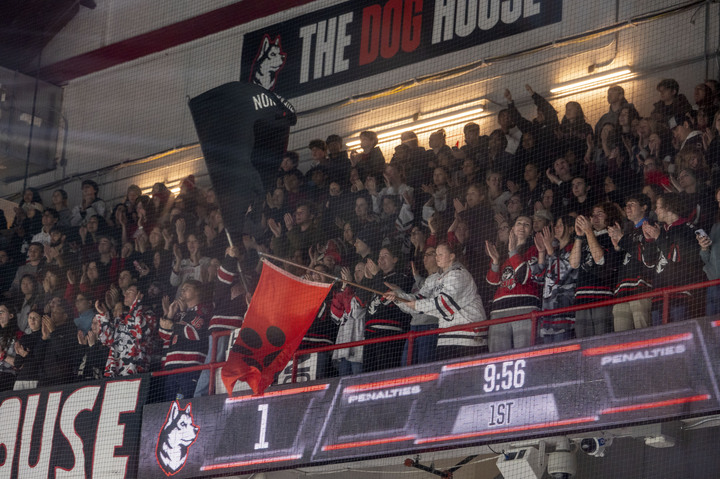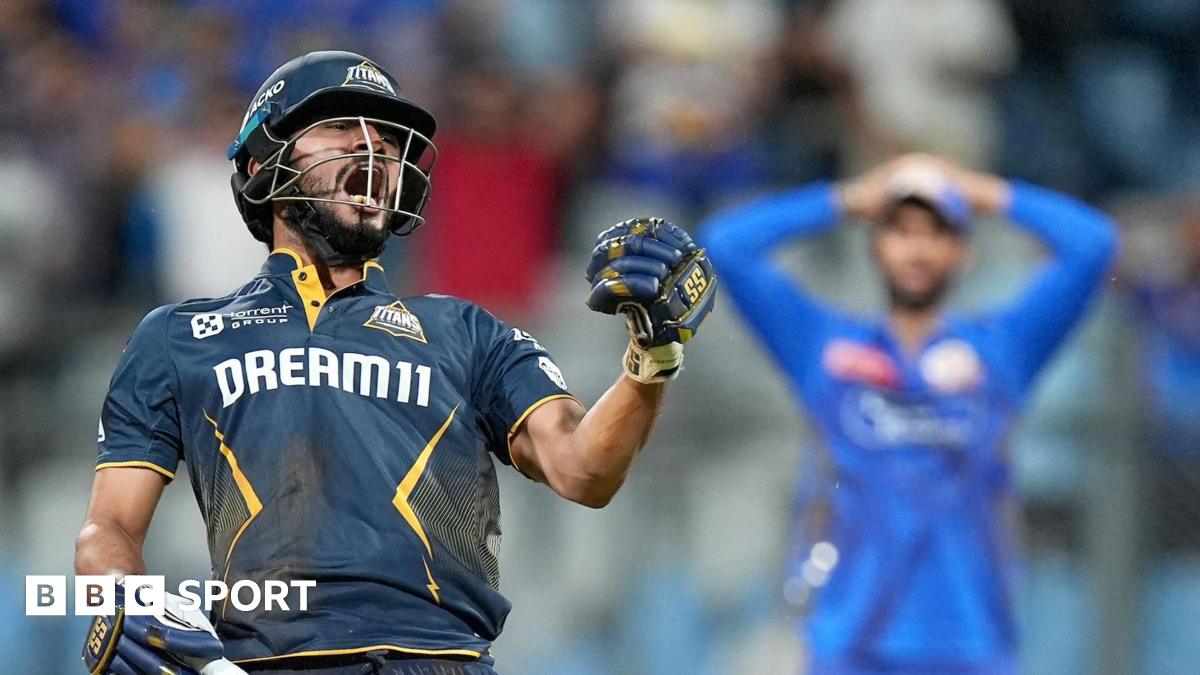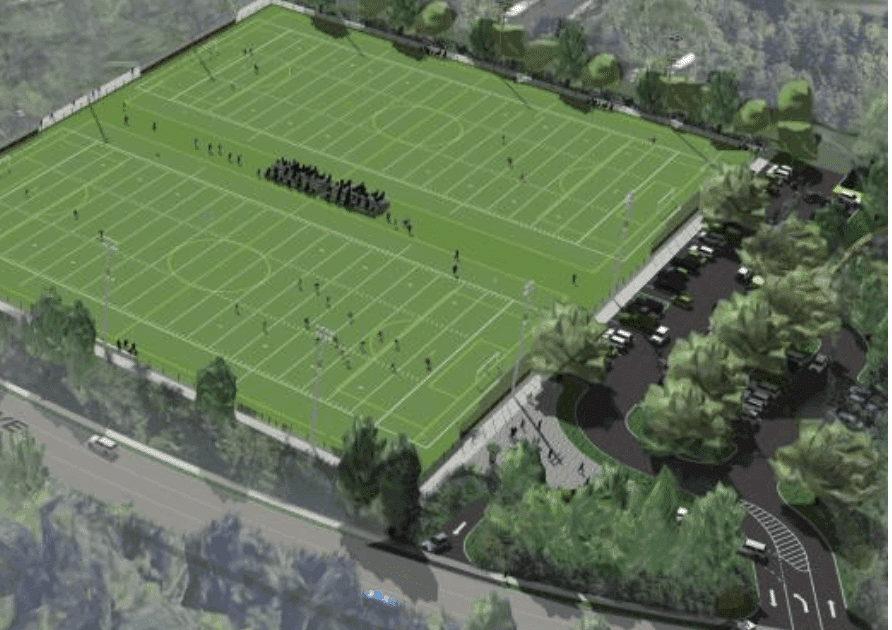As the blaring sound of the final buzzer went off, the crowd erupted in cheers. Members of the Northeastern women’s hockey team threw their gloves in the air and skated toward their goalie, freshman Lisa Jönsson, to celebrate a memory that would last a lifetime — and a major moment for women’s sports.
On Jan. 21, the Northeastern women’s hockey team won their third consecutive Beanpot championship, defeating Boston University to secure their 20th overall Beanpot title. In what was only their second tournament appearance at TD Garden, the Northeastern women’s hockey team demonstrated, once again, how even modest investment into women’s sports can yield positive results.
Throughout the history of sports, men’s leagues developed decades before their women’s league counterparts. On top of that, it’s only in the last few years that women’s sports have seen increased visibility and growing support. The NBA was founded in 1946 while the WNBA was founded 50 years later in 1996. The MLS was founded in 1993 while the National Women’s Soccer League, or NWSL, was founded in 2012, and the NHL was founded in 1917 while the Professional Women’s Hockey League, or PWHL, was founded over 100 years later in 2023. Despite these disparities in establishment and coverage, female athletes have consistently navigated the evolving landscape of sports with resilience, contributing to a culture of excellence.
But how is this standard set? Who inspires these athletes to become the role models young girls look up to? What defines players like senior forward Skylar Irving and junior forward Holly Abela, and how did they reach this level?
It often begins with early influences — sometimes a parent, and often a professional player. In Irving’s case, it was athletes like Pittsburgh Penguins center Sidney Crosby and Northeastern alum and PWHL forward Kendall Coyne. With few female professional hockey role models, Irving was especially inspired by Coyne, who remained dedicated to the sport while balancing motherhood and advocating for greater recognition of women’s hockey.
“She was definitely one of my biggest inspirations as a female hockey player,” Irving said. “Just being able to watch her and see what she did every single day, it was so cool.”
Irving also drew inspiration from her upperclassmen teammates who taught her lessons beyond the ice.
“They were incredible, and they were just good people and good athletes,” Irving said. “They kind of just showed me that hockey is not just about how good you are on the ice, but it’s about how much you love your teammates, how much you care.”
Immersed in hockey from a young age, Irving was introduced to the sport at 2 years old when she could first hold a stick. She’s been on skates since she could walk and has played organized hockey since she was 4 years old.
“I’m 23 right now and I’m still playing and still loving the game as much as I did when I first picked up a stick,” Irving said.
Every child dreams about what they want to do or who they want to become, but to be able to live out your childhood dreams in your adult life is something only few can achieve. For many female athletes, that option hasn’t always been available.
“Growing up, there was never a professional league for younger players to look up to. So, college was sort of the end of the road that people are fighting to get to,” Abela said. “There was never a PWHL and now that there is, I think that’s so exciting, because I’ve watched girls that I’ve played with on my university team from my freshman year that are now in the league.”
With influential figures paving the way for more opportunities for everyone, an increasing number of female athletes are now able to envision a future in which they can continue their craft.
Reflecting on her start at Northeastern, Abela expressed her gratitude to have had a teammate and role model like Alina Müller. Müller played as a forward for the Northeastern women’s hockey team from 2018 to 2022 and now plays for the Boston Fleet.
“She kind of took me under her wing and she showed me what it means to be a true professional in every way,” Abela said. “To see that out of a female athlete was just so inspiring, because as a little girl, you don’t get to see that very often.”
Similar to Irving, Abela also started her hockey journey early. She started skating at 4 years old and started playing hockey around six. A major influence for Abela was her father, who drove her passion for the sport. It was this passion combined with her commitment and love for the game that allowed her to get to the point she’s at now in her hockey career.
“When I leave this place, I know that we’ve left it in a good spot; it’s a place people know that when they come here, there’s a standard — we’re a team that doesn’t give up,” Abela said. “It sets the expectation for those girls coming along to keep it competitive, to keep the league strong and to improve the generational talent of women’s hockey. I know the girls coming in will look up to that, and they’ll strive for the same goals.”
 The packed DogHouse cheers at the Beanpot semfinals Jan. 14. The Professional Women’s Hockey League brought more attention to women’s hockey, despite being founded over a 100 years after the NHL. (Jessica Xing)
The packed DogHouse cheers at the Beanpot semfinals Jan. 14. The Professional Women’s Hockey League brought more attention to women’s hockey, despite being founded over a 100 years after the NHL. (Jessica Xing)The legacy players and teams leave behind is possible because of the collective effort and dedication of all parties involved. For games like the Beanpot, the culture and support in the atmosphere is important as the players in these games are not only passionate about hockey but representing their schools and communities as well.
Despite their different backgrounds, a common trait amongst many athletes is hard work, dedication and love for the sports they play. The difference for female athletes is that oftentimes, they’re not only competing against one another to make it to the next level but fighting a system that has historically presented additional barriers.
The men’s Beanpot tournament has been played at TD Garden since 1996, while the women’s Beanpot tournament has only been held at TD Garden since 2024 — moreover, the women only play at the stadium for the final match-up, unlike their male counterparts who play their semifinal rounds at TD Garden as well. Despite the struggle, this recent progress proves that there may be a future in which the disparities between men’s and women’s sports will decrease.
“It’s so special that we have kind of been able to be a part of that growth,” Irving said. “I think that [the team is] gonna do great things, and I’m always gonna be cheering them on. I’m always proud to be a Husky.”
With the rise of the PWHL, the future of women’s hockey has also become more stable.
“They’ve done a great job marketing their product, and it’s something that people are excited about. And I think that’s starting to trickle down into the collegiate level, because it’s gaining traction,” said Northeastern women’s hockey assistant coach Melissa Piacentini. “I think it’s grown so much, and it still has so far to go.”
The culture established by schools and teams allows for the growth of student-athletes beyond their respective sports. University coaches aim to help their players not only grow in their professional fields but also as people.
“I think for me, that is what I’m gonna take away most about this whole place — that they helped me develop into the best person that I could be. And I feel like, when you go to college, that’s kind of your end goal,” Irving said. “Everybody pushes you every single day here, like you’re always expected to bring greatness into everything that you do.”
Hoping to continue to embody the lessons and values she’s learned, Irving has proven to be a role model not only for her teammates, but for young girls as she coaches youth leagues back home in Kingston, Massachusetts.
“My greatest privilege in life is coaching kids and seeing their progress and them growing. It’s just a special feeling that you really can’t describe,” Irving said. “I just want them to know that they’re gonna be able to accomplish whatever they want to.”
When looking at the growth of her athletes, Piacentini shared how one of the biggest things she hopes her players take away is the experience of playing a game they love with people they care about.
“I hope they recognize how special it is to have their teammates around them, and it goes so much further than hockey,” Piacentini said. “So when they graduate, they’ll have a good group of friends that they can carry forward in their lifetime.”
At Northeastern, athletes like Irving and Abela pride themselves in being a part of a community that upholds a high standard of success and hard work.
“I think they’ve been great leaders for our program. I really do think Northeastern has a great culture, and it’s because the people that are in the program, they’re the ones that have built that, and they take it seriously to maintain it,” Piacentini said.
The Northeastern women’s hockey team’s players have won numerous awards, earned 20 Beanpot titles, won six consecutive Hockey East titles from 2018 to 2023 and have made seven NCAA tournament appearances. Even in the 2024 and 2025 seasons, despite not winning the Hockey East title, the team still made it to the finals.
“I think it’s funny when you add a little bit of money to a sport and you give some girls attention, what they can do with it,” said graduate student defenseman Lily Yovetich in a viral video after this year’s Beanpot win. “I think everyone should take a page out of our book and really put some more time and effort into women’s everything.”








 English (US) ·
English (US) ·